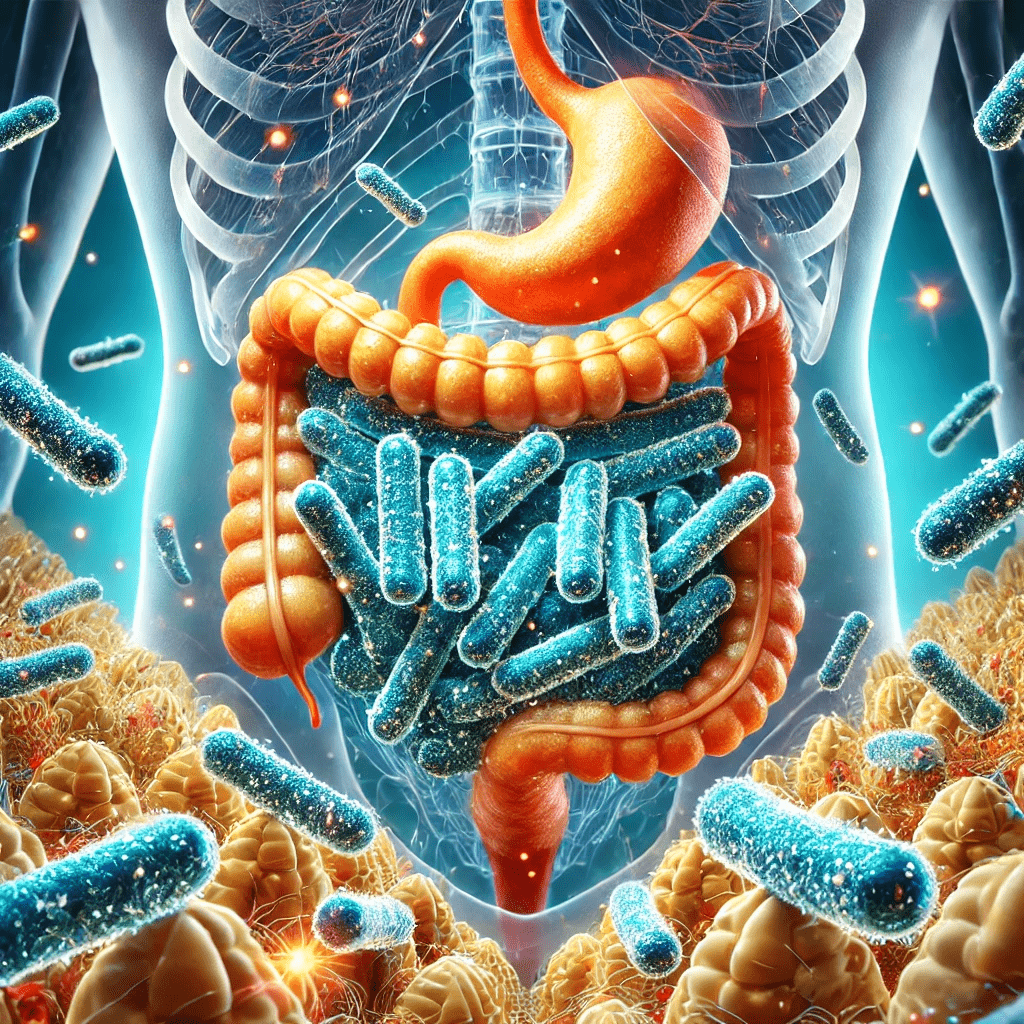Is it possible for probiotics to truly help you resist sugar cravings?

For many people, sweets can feel almost irresistible. Yet, some ads for probiotic supplements suggest that these beneficial gut microbes could help you say no to sugary temptations.
Probiotics have long been marketed as a path to better digestive health, increased energy and a general feeling of lightness. A few brands also claim they can reduce your appetite for sugar. But the big question is whether a daily dose of bacteria really settles those nagging urges for candy and cookies.
The concept isn’t entirely far-fetched. Mouse studies show that losing certain bacterial species — Lactobacillus salivarius, L. gasseri, L. johnsonii and Muribaculaceae — can lead to increased sugar consumption. Missing L. johnsonii and Muribaculaceae, in particular, also drives mice to overindulge in high-fat treats. “Anything tasty, they eat more of if they lack these organisms,” explains microbiologist Sarkis Mazmanian from Caltech. Adding the microbes back in helps curb bingeing behavior in these animals.
A recent paper in Nature Microbiology details how Bacteroides vulgatus, along with a molecule it produces called pantothenate (vitamin B5), can reduce sugar cravings in rodents. Researchers worked with mice engineered to lack FFAR4, a gut receptor for certain fatty acids. Without it, the mice experience drops in B. vulgatus and pantothenate, leading them to overconsume sugar. However, supplying these mice with the bacterium and the vitamin decreased their sugar intake. This effect hinges on a chain reaction involving GLP-1, a protein also targeted by popular weight and blood sugar drugs like semaglutide (Ozempic).
Pantothenate drives the production of GLP-1, which then prompts the body to produce a protein called FGF21. Scientists don’t fully understand how FGF21 works in the hypothalamus (the brain’s hunger headquarters), but it appears to ease the mice’s desire for sweetness. Notably, B. vulgatus only reduced sugar cravings in mice missing FFAR4, suggesting that in most humans with a functioning FFAR4 receptor, the bacterium or vitamin B5 may not have the same effect.
In some scenarios, B. vulgatus could even pose risks. “There’s evidence that B. vulgatus can be problematic,” Mazmanian notes. Certain genetic profiles in rats make them more susceptible to intestinal inflammation triggered by this bacterium. While most people aren’t at risk, an overabundance of B. vulgatus might still cause digestive upsets for some individuals.
Although animal studies are intriguing, no one knows whether the same sugar-craving reductions seen in mice would translate to humans. Research on this specific question in people is lacking, and plenty of mouse-based findings don’t hold up under human scrutiny. Adding to the uncertainty, probiotics are sold as dietary supplements, which the U.S. Food and Drug Administration does not strictly regulate. Pieter Cohen, an internal medicine physician at Harvard Medical School who investigates supplement safety, points out that companies can market their products in various ways, provided they don’t claim to treat diseases — and any supporting evidence usually comes from animal data.
“It’s disconnected from solid human evidence,” Cohen says. Mazmanian, who focuses on studying helpful microbes, also remains cautious. “Even in 2025, I’m still wary of these claims,” he admits. Many probiotic products that advertise sugar-craving control don’t actually include the bacterial strains shown to influence mice’s sweet tooth.
And even if future studies show a benefit for humans, individual factors like genetics and the microbiome’s unique composition would likely cause varied results. “Any biological finding we make,” Mazmanian says, “won’t necessarily apply to everyone.”